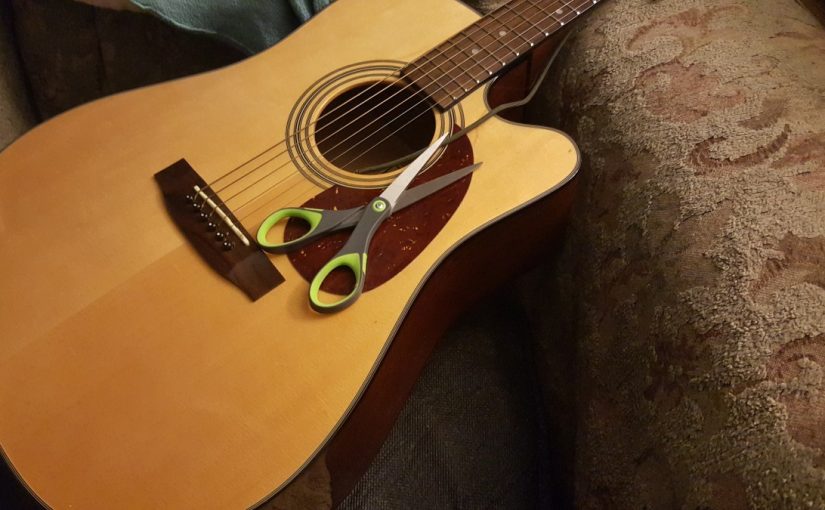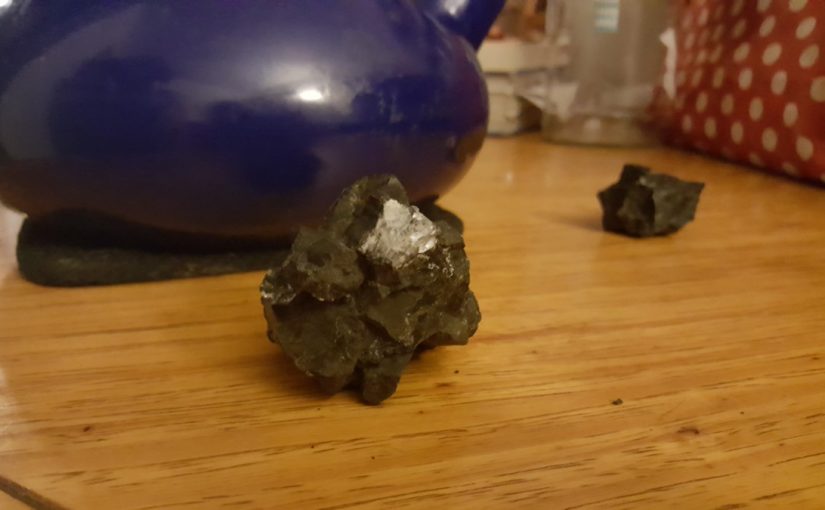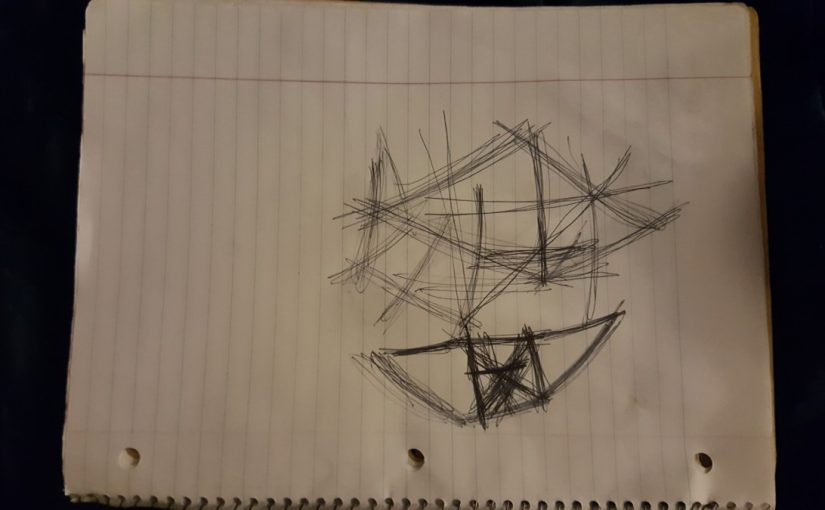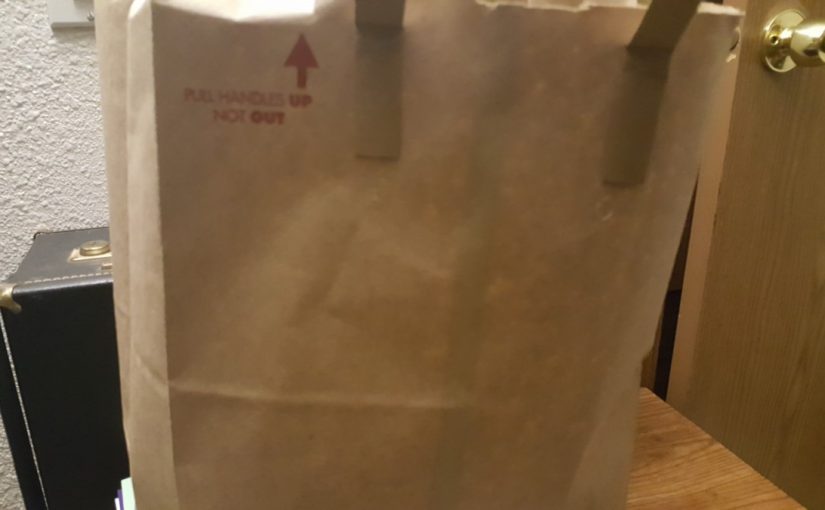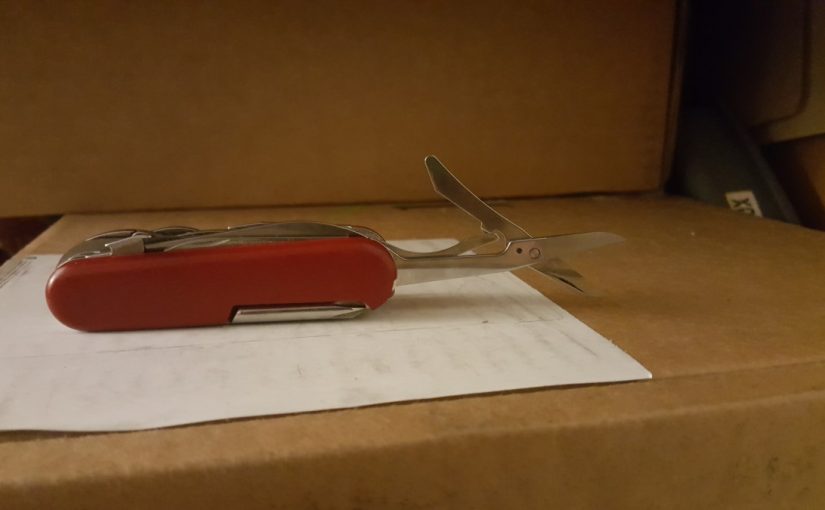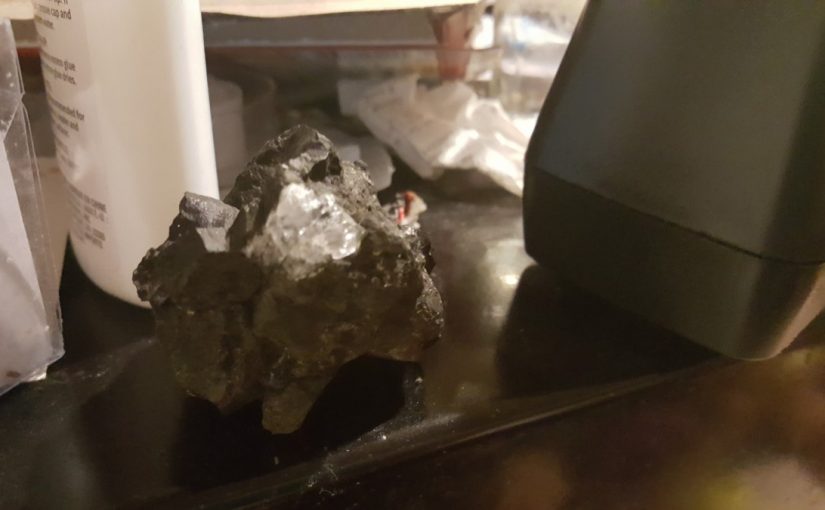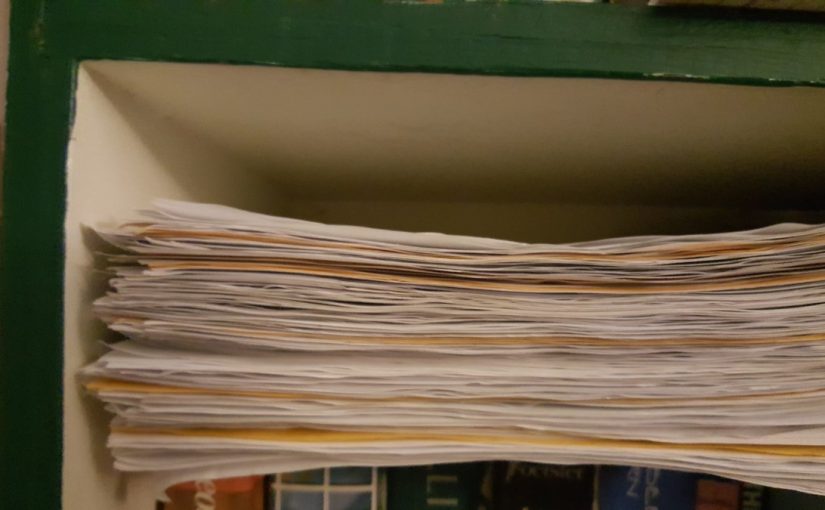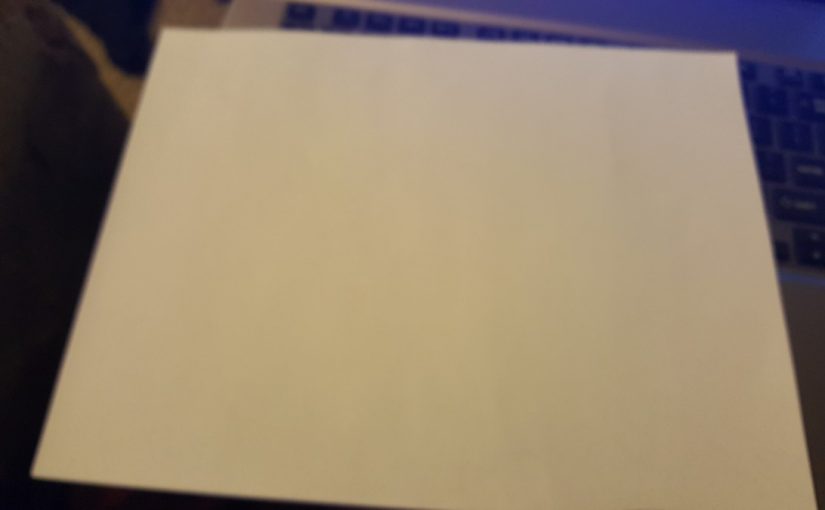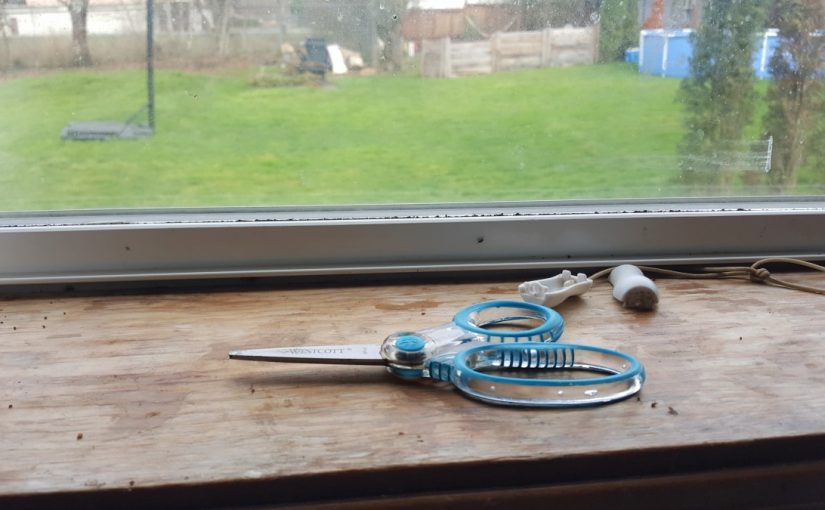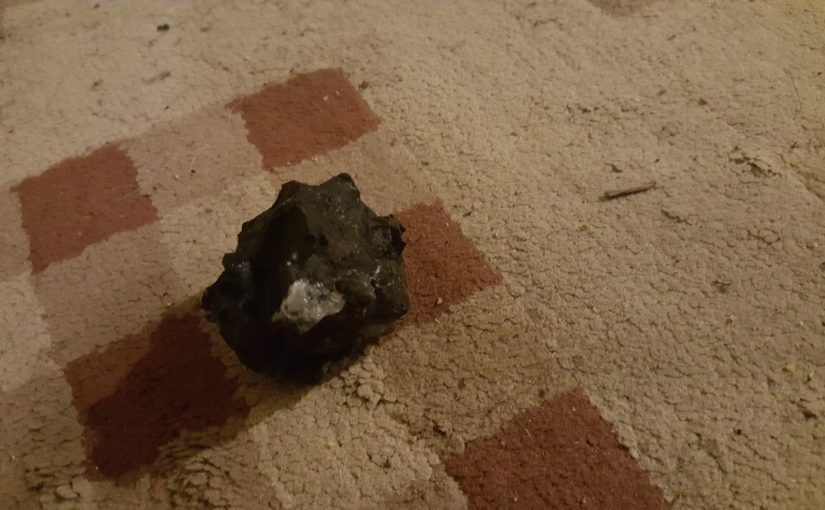Thinking back to when I was a kid, I remember that my family always went fishing somehow during the summer. Whether it was deep-sea fishing, dip netting, lake fishing, or river fishing we always did one of them at least once during the summer. There is even a few years where we went ice fishing. My parents idea of a fun family activity was required to have fish, or game involved. Admittedly I enjoy fishing, and not just because we always did it when I was a kid. I enjoy fishing because it’s both relaxing (it’s always done somewhere beautiful) and thrilling. There is always the anticipation of what kind of fish will we really catch? How big will it be? Can I get this one to take the bait? Can I land this fish?
My favorite kind of fishing when I’m in the mood for a good thrill, is always deep-sea fishing. The fish your attempting to catch are almost always never visible. Admittedly there was one time when we finished a reef, and it was especially calm and sunny out when we could see the fish we were attempting to catch but even then there was massive amounts of distortion because the fish were actually 250-300 feet below us. But that day was a serious outlier on the average of my experiences deep-sea fish. Usually you can’t see anything at all. You spend a good minute, or longer just getting your hook and bait down to the bottom where we usually fish from. Then you’d sit there and feel the boat move up and down as your weight (the big chunk of lead in the shape of the cannonball usually no less than 6 pounds) bumped up and down on the bottom at a slight delay from the movement of the boat. You just sit there for hours sometimes, waiting to feel a fish nibble on the bait at the bottom. Then he would have to manage to set the hook correctly, without knowing what kind of fish it is that you are catching. With every fish having a slightly different mouth shape, the best bet was to just pull up on the pole, but if you knew what kind of fish you would likely had (based on advanced scouting of the location) you could specialize how you set the hook a little bit. It was still a gamble, as the ocean has no rules about where fish can go, as long as the fish in question stays within their depth range. After setting the hook, you then have to pull the fish up from way way far down. And the fish moves when you do this. You can make an even more educated to guess about what kind of fish it is by how it reacts to being caught, but you still can’t know for sure until you pull it up. This often takes a ridiculous amount of time. The weight that keeps the bait at the bottom, alone, weighs at least 6 pounds, and the fish in question is going to be over 10 pounds (fish smaller than that can’t pick up the hooks we were using), there may be a current that you have to fight, and don’t forget the fish is moving. This process seems like it takes hours, but usually it is only a few minutes. You can stare into the deep water beneath you and try to see the fish, but you can’t until they are within the last 20 feet or so that you have to pull them up.
This quarter in school may possibly have topped my list of quarters that have sucked, and that I am not confident that I am able to finish. I feel as though I have hooked a fish, but the fish is fighting really hard, and feels suspiciously as though the hook might not be quite set right. I hate not being able to finish things, but I have never been this far behind. Not even in elementary school when I got chickenpox did I have to spend this much time out of school. Not even last quarter, when I was involved in a high-speed crash the first day of the quarter, did I get this far behind. I am seriously scared that I will never see this fish. I’m seriously scared that I will never finish this damn degree. There are so many things that have happened to me during my time at school and I have had to cope with things many of my classmates have never even considered. I have watched my parents get divorced, I have watched my dad wither away during chemotherapy, I have watched my mom freak out about it, I have had to go over my dad’s funeral arrangements and will, I have moved so many times, including a move from Alaska to Washington (a move considered even by the military to be on an international scale), I have had to coordinate with my little brother to get mental health care for my dad, I have had to receive the news that my father has tried to kill himself – and failed – three different times. And now this latest struggle with my own health. I am tired, and I just don’t know why I am continuing to try to go to school. Am I just trying to finish this to prove a point? Or do I actually have something worth fighting for here? Will I ever land this fish? The best answer I can give now is maybe.
